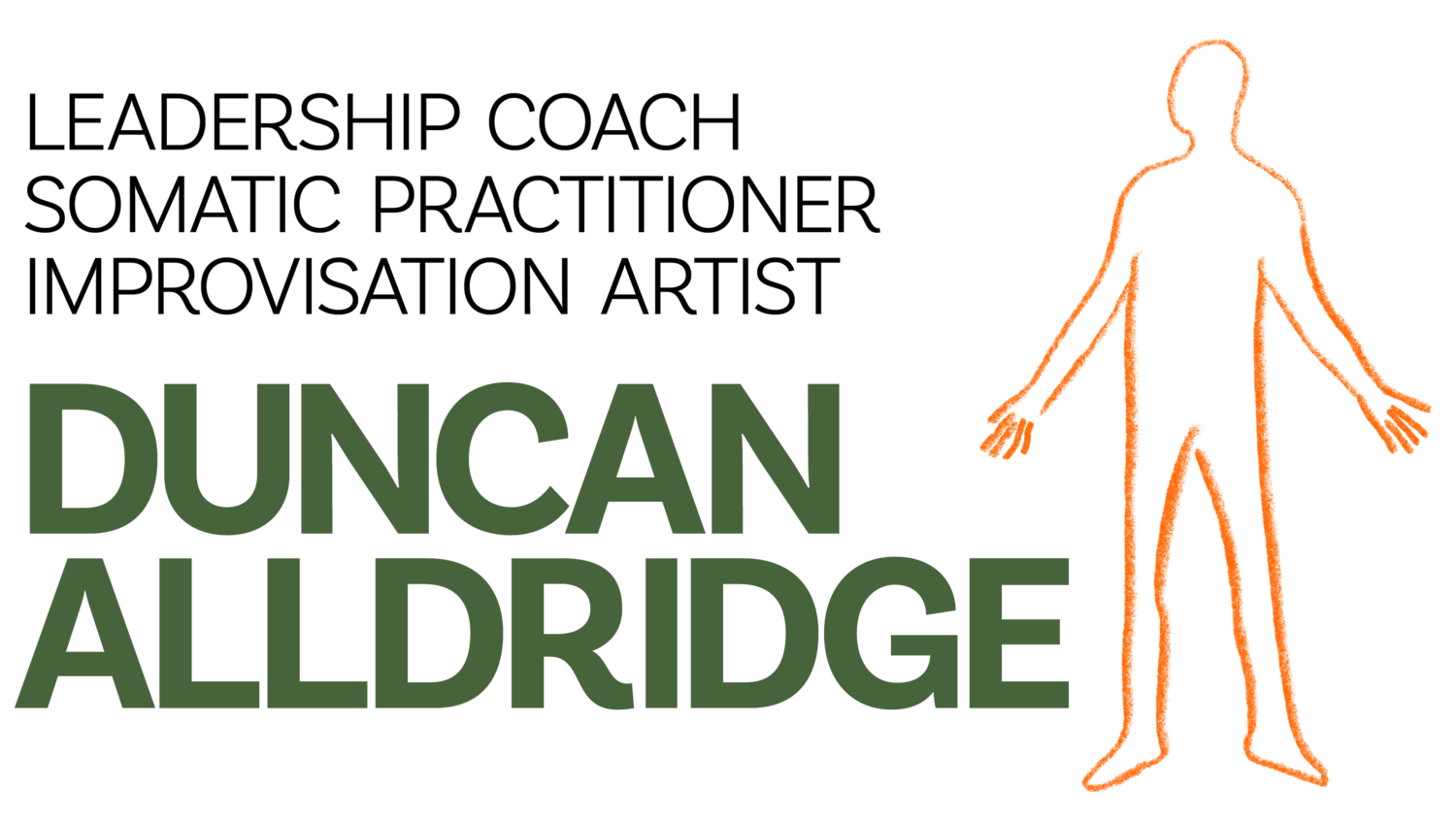
It was 2009. I was 44 and I was burnt out. Many things had precipitated a crisis of identity in me. Ultimately I felt it was a crisis of how I had chosen to live in my body for 42 years. In 2011 I ‘had a nervous breakdown’, and then re-experienced this state twice again over successive years.
“It might take 10 years Duncan” a colleague at the college I worked at said to me.
What I realised later, was what my colleague saw in that shape of me then, might take a long period unravelling. Gradually over the following years I began to face the music that was clearly playing, and to dive down into what I began to see as a place of necessary ‘ashes’ in me. There was an unravelling; a slow painful reframing of myself and my place, of acknowledging the privileged life I’d led, and discovering what I deeply cared about again.
During breaks between darkly depressive states and debilitating anxiety, I sought therapy, opened to deeper spiritual questions and took on religious study. I scrapped for a living. It took courage to become visible again. Once up above ground, I wrote an edgy blog called Our Masculine Heart.
Although I was an experienced teacher of theatre, spending long hours in creative practice, I knew only a little about how to reside in my body. I had lived inside many of the taboos of a modern, westernised construct of masculinity - hide yourself away, be fearful of uncomfortable feelings, don’t show vulnerability or admit weakness, keep control, and at all costs stay on that bus that tells you you’re important and that your life is about you - so I made it my mission to explore my questions, and have faith that the exploration would lead to the next thing..
Whether I’d had a mental breakdown or a spiritual reckoning depended on how I chose to see it. What became clearer, was that through study, reading and my lived experience, I learned that this was a necessary period of walking in the wilderness of life; so when I came across St John of the Cross it made sense that he spoke of a ‘dark night of the soul’ and how this ‘night’ is necessary to burn away “the deep roots of our woundedness, roots we cannot actively reach and eradicate”
So how would I, with my creative, teaching and theatre director experience, begin to heal myself, and serve other men who may be struggling with similar experiences, or questions, to mine?
The answer lay in what became a bold exploration. I awoke to the fact that I wasn’t at all alone in what I had stumbled into. Leaving my job in a belief I would never be fit to work again, I formed a men’s group. It was 2010. The group still meets today.
Lots happened and I stumbled through a lot of chaos. I remember that I danced a lot. I started to meet with men differently; I went to camps and on rites of passage weekends.
During these years I led workshops called Shoulder to Shoulder exploring how men encountered each other when we dropped the words. These grew to a performance project in 2013 called Deep Diving Men Lab. We held exploratory workshops for 8 weeks and used movement, contact, original material and poems to create Where Are We Going? We performed the piece with post-show discussions at The White Bear, The Cockpit and The ….
I wrote short scripts. I gathered a group to perform at a conference in a piece called ‘What is a Brave Man’; I led another group on International Men’s Day 2014. Here we improvised a script throughout the day on the South Bank London. We had a lot of fun - and we filmed the work.
In 2015 I collaborated with two amazing men and we ran ‘Changing Man’ camps. I was involved co-leading two of the camps which aimed to gather men to get away into the wild, one on Exmoor and the other at High Heathercombe. I documented these here.
In 2016 I began researching the body of the work with actors. We went deeper. I met two more incredible men and formed the Deep Diving Ensemble. After 6 months of researching material at Clarence Mews, we took a mixed cast to the Edinburgh Fringe in ‘5 out of 10 men’, a physical performance piece exploring the male suicide rates in the UK. The dynamic show raised awareness about the state of mental health in men under the age of 35, so many of whom are taking their lives.
Since then, I’ve trained at Strozzi Institute as a somatic coach. Although my clients are spread across the gender spectrum, working with men
How I came to work with men


















